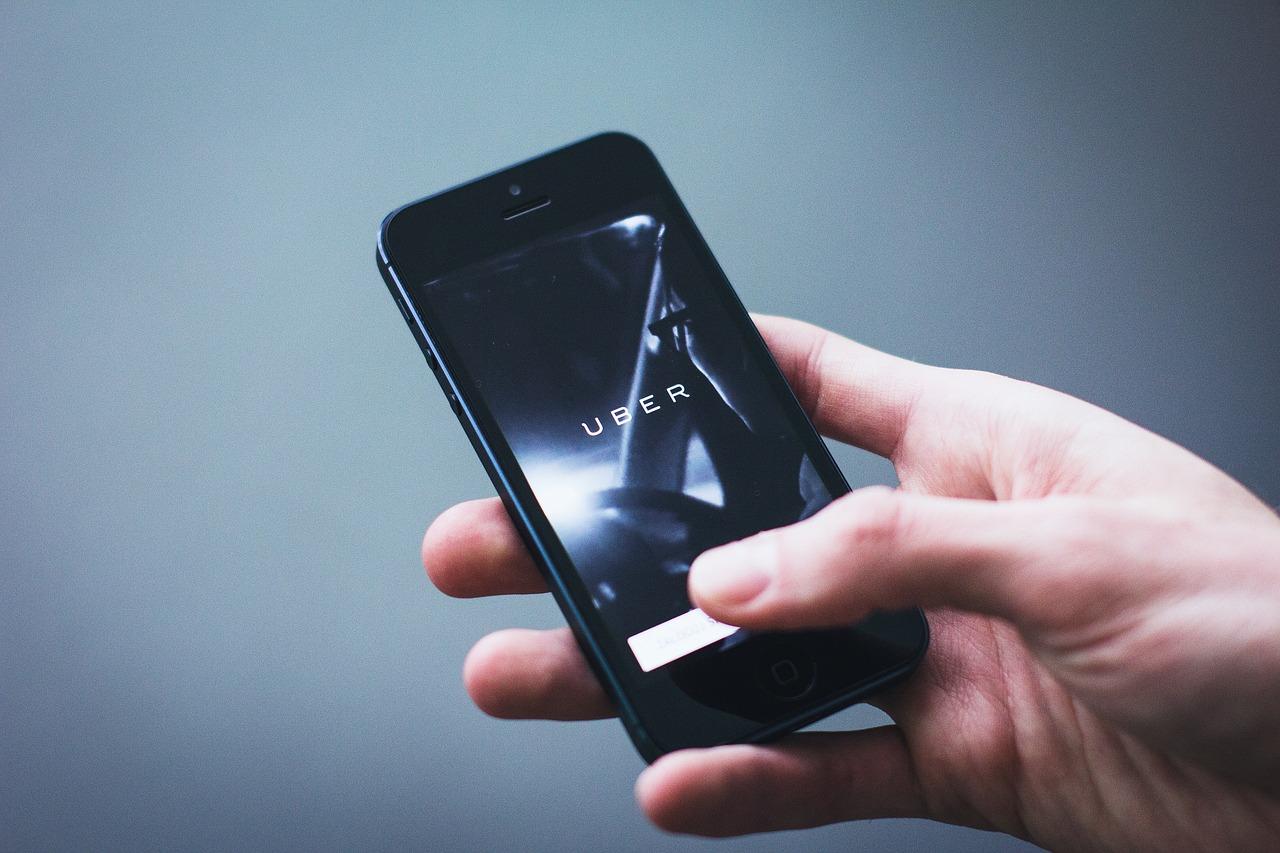Volvo Sells 24,000 SUVs To Uber For Self-Driving Car Network
Volvo and Uber enhance their relationship and the development of the self-driving industry with up to 24,000 XC90 SUVs being sold to the ride-hailing service. The deal worth around $1 billion features the largest amount of commercial vehicles used in development.
Updated May 17 2019, 4:20 a.m. ET
Uber and Volvo reached a landmark deal in the self-driving industry. The auto manufacturer will be selling 24,000 of their luxury SUVs to the ride-hailing service between 2019 and 2021. Both companies will be working together to create an autonomous network for self-driving cars. Without a doubt, it’s easily the largest number of commercial vehicles being used in the process.
This new deal announced Monday is estimated to be worth $1 billion and will be using the popular Volvo XC90 model. Uber will modify the vehicles with their technology developed in the self-driving division of the company. This same model will also feature Volvo’s own autonomous technology as they ready for their commercially available self-driving car in 2021. The deal isn't exclusive and there could be less vehicles involved.
Both Uber and Volvo initially formed an autonomous driving project back in August 2016 worth $300 million and this new announcement enhances that prior relationship. Back then, they detailed that a new base vehicle would be developed by Volvo’s Scalable Product Architecture for self-driving technology, which has been used in the XC90 SUV model. On a smaller scale, this vehicle has already been tested out by both companies in Pittsburgh the following October.
“The automotive industry is being disrupted by technology and Volvo Cars chooses to be an active part of that disruption,” Håkan Samuelsson, CEO of Volvo, said in a press release. “Our aim is to be the supplier of choice for AD ride-sharing service providers globally. Today’s agreement with Uber is a primary example of that strategic direction.”
Some autonomous features will be linked together between both companies. Jeff Miller, Uber’s head of automotive alliance, tells Recode that the ride-hailing service will be installing their own self-driving software “once the sensor kit has been installed on each vehicle.” He added that the companies could combine their process as the technology evolves.
Uber hopes that this will improve their image after having rocky situations with their development. Waymo has sued the company for infringing on its technology and the case is heading to trial. They also failed to fully launch a self-driving service in San Francisco last December thanks to registration issues.
Lyft, Uber’s main competitor, is also planning to create a fleet of self-driving vehicles. They announced a partnership with Ford back in September. Even though Lyft was planning to deploy self-driving vehicles by the end of the year, the goal is to create a safe and efficient infrastructure. Ford does have a partnership with Uber in the self-driving industry as well, launching self-driving Ford Fusions in Pittsburgh over a year ago.
With the potential for self-driving taxis booming, none of these companies want to be left in the dust. It’s anticipated that people will continue to adopt ride-sharing practices to cut back on personal vehicle expenses. Further research and development from another duo could get us there even quicker.

